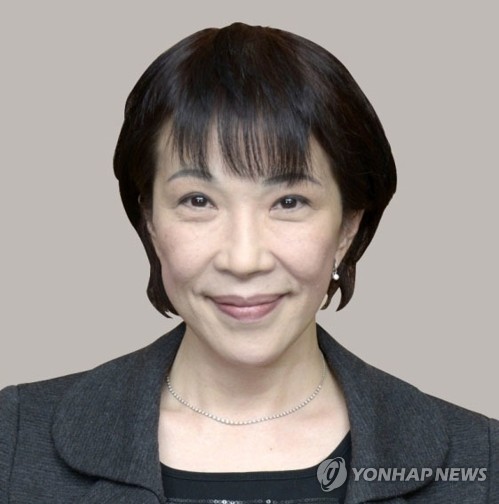
(Seoul=Yonhap Infomax) Ji Yeon Kim – The Japanese government has approved a comprehensive economic stimulus package totaling ¥21.3 trillion (approximately 199.2 trillion won), marking the largest such measure since the COVID-19 pandemic. The expansive fiscal policy is a cornerstone of Prime Minister Sanae Takaichi’s economic agenda, aimed at revitalizing growth.
On the 21st (local time), the Japanese government finalized the ¥21.3 trillion stimulus package, less than a month after Prime Minister Takaichi took office.
Specifically, ¥11.9 trillion will be allocated to countermeasures against high inflation. In addition to short-term inflation relief, the government plans to ramp up investment in sectors deemed critical for crisis management (¥7.2 trillion) and national security (¥1.7 trillion), including shipbuilding and artificial intelligence (AI).
Prime Minister Takaichi expects these strategic investments to contribute to Japan’s long-term economic growth.
Including spending by local governments and the private sector, the total scale of the stimulus is estimated to reach ¥42.8 trillion, surpassing last year’s ¥39 trillion package.
To finance the stimulus, the government plans to submit an additional supplementary budget of ¥17.7 trillion—significantly higher than the ¥13.9 trillion supplementary budget under former Prime Minister Shigeru Ishiba.
The government aims to finalize the exact supplementary budget amount on November 28 and seek parliamentary approval by year-end.
The Japanese government estimates the stimulus will boost real gross domestic product (GDP) by ¥24 trillion. If the economic impact is sustained over the next three years, the annualized growth rate would reach 1.4%.
However, some analysts have questioned the effectiveness of the stimulus, warning that demand-side measures amid inflation could further fuel price increases and burden households.
Reflecting these concerns, yields on Japanese government bonds surged ahead of the stimulus announcement. The 30-year JGB yield hit an intraday record high of 3.4%, while the 20-year yield climbed to a historic 2.87%. The 10-year yield reached 1.83%, the highest since 2008.
jykim@yna.co.kr
(End)
Copyright © Yonhap Infomax Unauthorized reproduction and redistribution prohibited.

